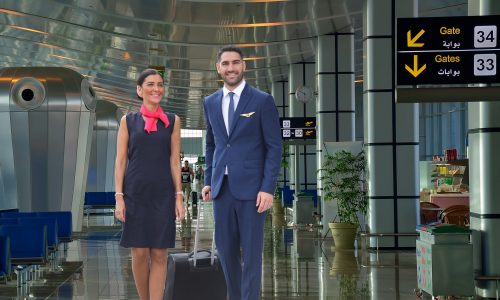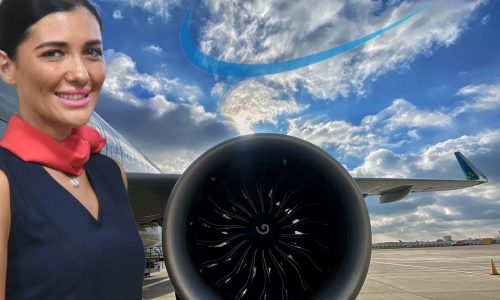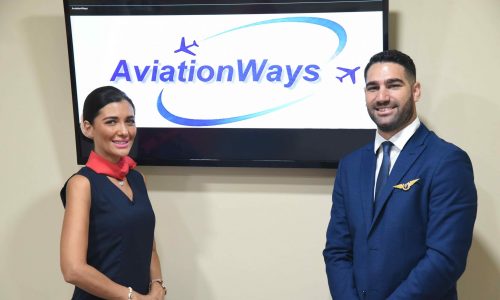Make your dreams come true when taking your professional step by obtaining the Cabin Crew European Certificate (EASA CABIN CREW ATTESTATION).
The European Flight Attendant Certificate is internationally recognized and covers the full range of knowledge required for a successful career in the Airline Industry.
The training is ideal for those looking for a new career as a Cabin Crew or for those who have previous flight experience and wish to obtain a certification to work for any carrier worldwide.
Initial Cabin Crew Training with us is accredited by Hellenic Civil Aviation Authority with certification number EL-CCTO-018 * and the European Aviation Safety Agency (EASA).


Our company was founded by experienced and renowned executives with many years of experience in aviation.
Our experienced trainers are constantly updated with all the latest International and European regulations as well as Aviation standards.
Obtaining the diploma is an essential step for participants who wish to be hired by major European and International Airlines.
It is considered a basic and very important qualification for their professional competence.
Our Team is here to answer all your information requests about our trainings. Please contact us or our representatives now!


The Initial Cabin Crew Training covers the required Theoretical & Practical Training.